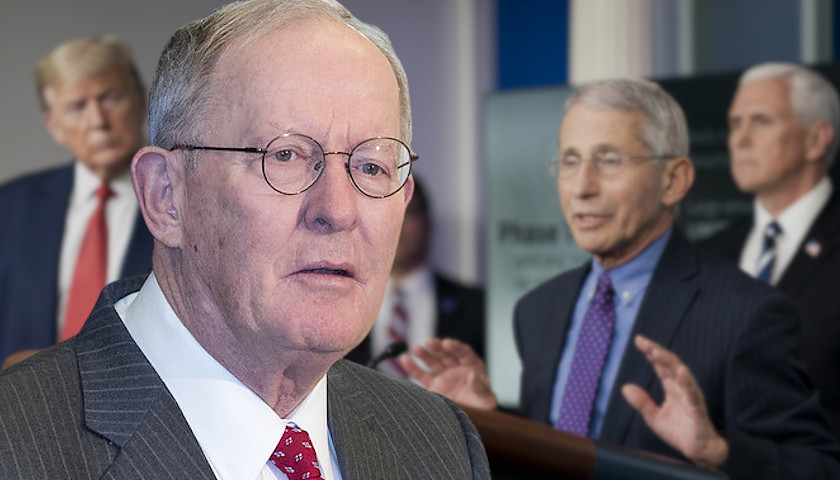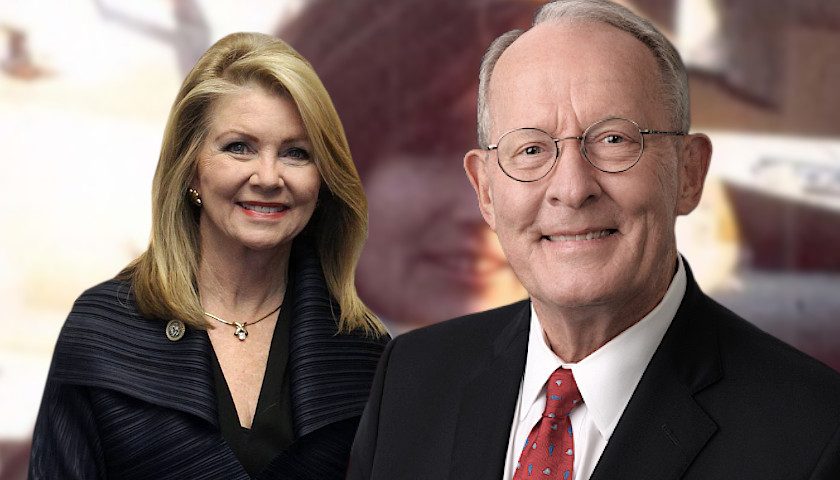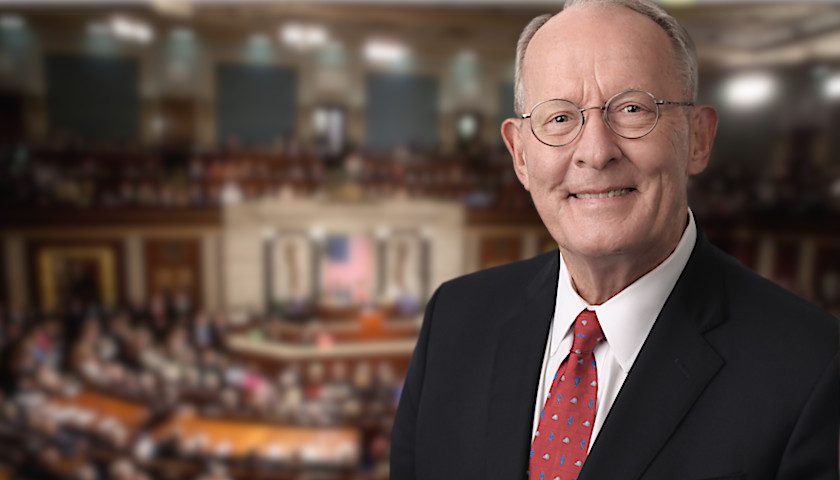The U.S. Senate is on the verge of holding a verbal vote on the Music Modernization Act, leaving many in the industry to say it is a step in the right direction while a few say the legislation is out of tune with established business practices.
Nashville Public Radio reports that advocates of the Music Modernization Act say the legislation will clear the U.S. Senate soon. Supporters include U.S. Senator Lamar Alexander (R-TN).
The measure has been stalled in the upper chamber after having passed in the House of Representatives earlier this year.
Companies like Sirius XM and private equity firm Blackstone, which owns performance rights organization SESAC, have concerns with the act, Nashville Public Radio says.
Streaming services like Sirius XM say they already fairly pay artists. The company sent a letter to the Senate saying the act would force it to pay again for music produced prior to 1972 that it already has licensed, Billboard reported Sunday.
The bill was planned for a verbal vote in the Senate early this week, Billboard said in a story Monday. One no vote could force the measure into a formal vote, and time is running out for such action before the November elections. Three backers are leaving Congress: Representatives Darrell Issa (R-CA) and Bob Goodlatte (R-VA) and Senator Orrin Hatch (R-UT).
Matt Fitzgibbons, a singer-songwriter and founder of PatriotMusic.com, said in National Review the act is full of compromises that fixes some problems, ignores some and creates new issues.
“To fix problems pertaining to paying songwriters for their work in the streaming era, the proposed legislation mandates the creation of the Mechanical Licensing Collective (MLC),” Fitzgibbons said. “The MLC would, with full financial transparency, match copyright owners to compositions in a ‘searchable, online format free of charge.’
“While this sounds surprisingly fair to songwriters, there are serious concerns about unfunded costs and who will be permitted to run these services on behalf of the government.”
The act would have companies with the largest market share run the MLC, he said. Corporate giants like Google have shown they do not have artists’ best interests at heart.
“As a songwriter and recording artist with four albums of self-published work celebrating our nation’s founding principles, I find the idea that different media should pay drastically different rates for playing my music under the MMA both arbitrary and absurd,” Fitzgibbons said. “But while the proposal is not the best deal possible for songwriters, it is certainly a better one than the system that exists now.”
– – –
Jason M. Reynolds has more than 20 years’ experience as a journalist at outlets of all sizes.





